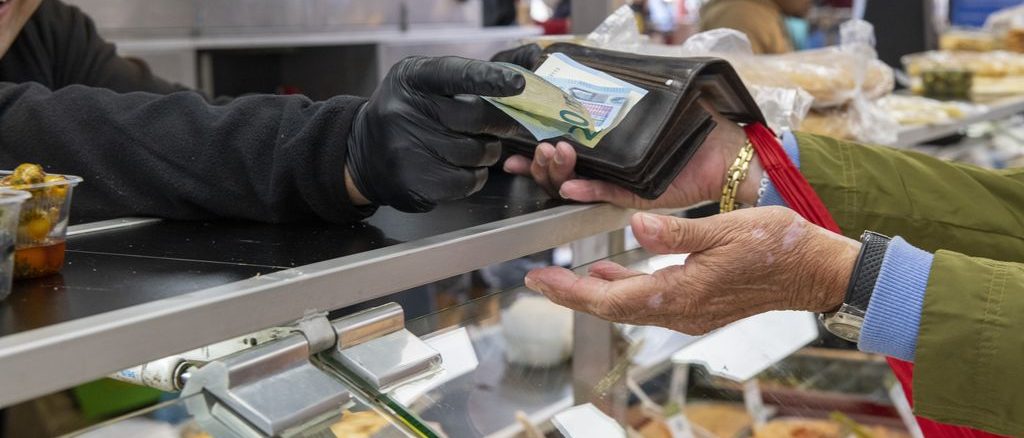
DNB: Inflation is Coming Under Control, But the Government Must Spend Less
Slowly but surely, the ever-rising prices are coming under control. To achieve the inflation target in just over a year’s time, a new cabinet must not spend too much and unions must not ask for the very best for new collective labor agreements. That is the conclusion in a new estimate of the Dutch economy by De Nederlandsche Bank (DNB).
Positive Projections
According to the new calculations about the cooling economy, inflation will amount to just under 3 percent next year, before falling further to a ‘normal’ rate of around 2 in 2025. “We see price increases falling. That is the good news,” DNB board member Olaf Sleijpen said in an explanation to NOS.
“At the same time, we see that the economy is stagnating, due to high interest rates and developments in the world around us,” says Sleijpen. “But there is no question of a deep recession. This is mainly due to the measures taken by the government during the corona pandemic and the increased energy prices.”
Critical Government Deficit
Yet Sleijpen does not want to claim victory in the fight against the historically high inflation of recent years. He points to the government deficit, which, according to DNB estimates, will reach the critical limit of 3 percent in 2025. The treasury will then be unable to absorb new economic shocks, DNB warns. “The buffers we had are starting to run out. If more is spent now, we will have to put on the brakes at some point. In the event of a new crisis, our hands will be tied because the government will have to make cuts.”
In the run-up to the House of Representatives elections, candidates were often blamed free beer to promise, for example because they did not want to leave the promises in their programs calculate. “If you want to incur additional expenses or reduce costs, you have to compensate for this elsewhere in the budget,” says Sleijpen. DNB does not want to give advice. “That is up to politics. It is only important that all choices are financed in a healthy way.”
International Trade and Cooperation
Nevertheless, DNB emphasizes that international trade and cooperation must be taken into account in all policy choices in The Hague, where Eurosceptic parties have a large number of seats. “We benefit greatly from this, just like from membership of the European Union. Our message is that our future and prosperity largely depends on the European Union and what happens there. A departure from the European Union or closing the borders seems like a very, very bad idea to us. And lumping all types of labor migration with the same brush is also not wise.”
Higher Wages
The European Central Bank (ECB) warned last week against possible rising wages in Europe. DNB expects that the Dutch economy will still be able to absorb a 6 percent wage increase next year, but “it should not be more than that.” It is up to the social partners to set a wage demand, according to Sleijpen. “Where inflation still needs to be caught up in a new collective labor agreement, that should certainly be taken into account. But where that has already happened, it is wise not to have such large wage increases again.”
Many union members believe that companies make enough profit to reward their employees better. “I understand the trade union movement, but so does the business community,” Sleijpen responds. He advocates pragmatic negotiation in new collective labor agreements. “I think it is good to keep the church in the middle at a certain point. It is important for the economy that we reach a good balance together.”

Be the first to comment